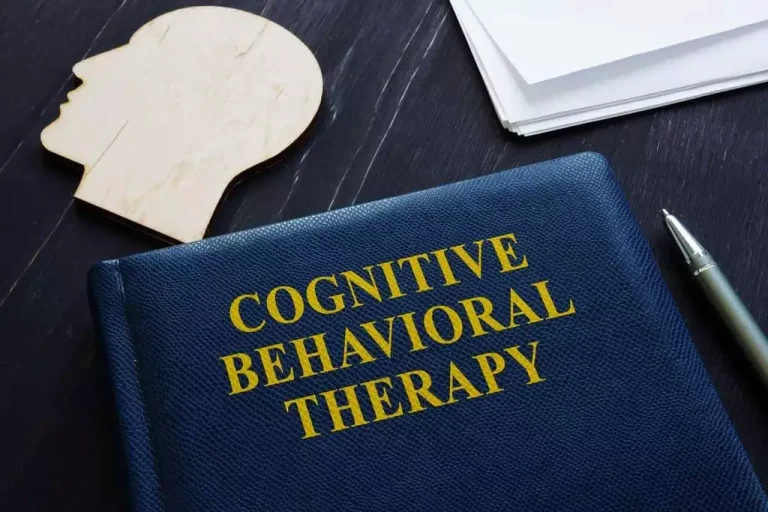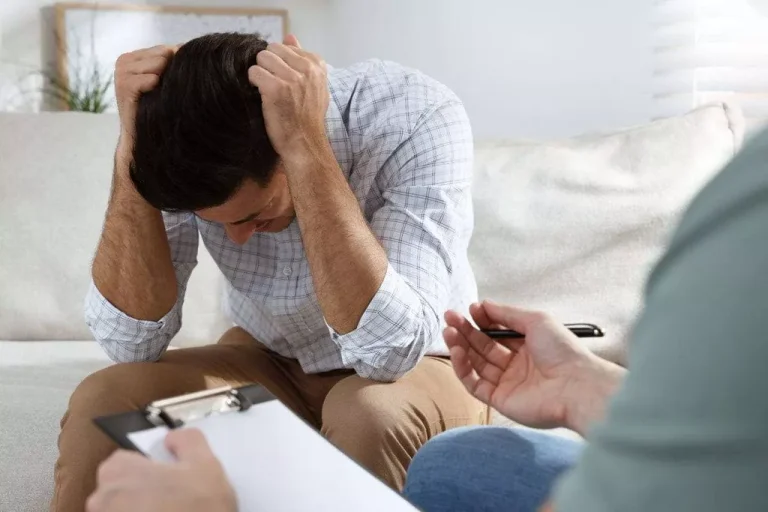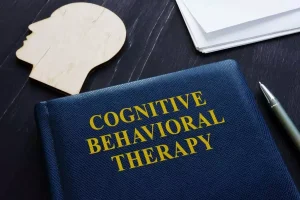
If a person is in therapy during emotional relapse, the focus of therapy may pivot towards reinforcing the importance of self-care. Learning various acronyms can help a person identify when they need to improve their self-care, such as HALT (Hungry, Angry, Lonely, Tired). Another form of relapse is a «lapse.» A person lapsing may have one or two drinks then return to sobriety. This, too, requires a conscious decision to abandon recovery. While it is more controlled and brief than a full relapse, a series of lapses can easily progress to relapse.

My Loved One Needs Help
The abstinence stage typically begins right after you stop drinking. So far, there’s no consensus on the medical definition of recovery in alcohol treatment literature. According to the National Institute on Alcohol Abuse and Alcoholism (NIAAA), recovery is a process that involves remission from AUD and quitting heavy drinking for good. If you’ve been in treatment before, it may also help to reach out to alumni programs (if any) for resources. Many alumni programs, such as those offered by American Addiction Centers (AAC), host peer gatherings and can connect you with addiction aftercare services.

What are the Stages of Relapse?
By providing the company of others and flesh-and-blood examples of those who have recovered despite relapsing, support groups also help diminish negative self-feelings, which tend to fester in isolation. Helping people understand whether emotional pain or some other unacknowledged problem is the cause of addition is the province of psychotherapy and a primary reason why it is considered so important in recovery. Therapy not only gives people insight into their vulnerabilities but teaches them healthy tools for handling emotional distress. Craving is an overwhelming desire to seek a substance, and cravings focus all one’s attention on that goal, shoving aside all reasoning ability.
- Of course, that requires understanding what your triggers are.
- Sleep deprivation undermines recovery in indirect ways as well.
- Combining therapy with support groups can greatly improve your odds of success.
Family and Children’s Programs
In short, being sober simply means not using alcohol or other substances but not necessarily recovered in other ways. If it happens, it is important that you get back up, dust yourself off, and get back on the path to recovery. If it happens, it is important that you get back up, dust yourself off and get back on the path to recovery. Remember, you are an important part of the treatment team with enormous power to do good for your loved one.

Relapse After Recovery
- It is a slow process that begins long before you actually use.
- If you’ve been in a program, immediately connect with your counselor, therapist, support group, or mentor.
- For those seeking addiction treatment for themselves or a loved one, our calls are confidential and are available for 24/7 help.
- Having occasional cravings or thoughts of drinking is normal during recovery.
If you’ve experienced a relapse and are ready to seek treatment, American Addiction Centers (AAC) can help. Alcohol.org is a subsidiary of AAC, a nationwide provider of addiction treatment services and our admissions navigators are ready to discuss your treatment options with you. If a lapse or relapse does occur, it is beneficial to get help or support as soon as possible. Be honest with yourself and with those in your recovery circle. This can include counselors, therapists, doctors, self-help groups, sponsors, family members, and friends who are there to support you in both the good and hard times.
Relapse Prevention Strategies and Techniques for Addiction
Recovery is an opportunity for creating a life that is more fulfilling than what came before. Attention should focus on renewing old interests or developing new interests, changing negative thinking patterns, and developing new routines and friendship groups that were not linked to substance use. Yet, preventing a relapse isn’t always possible, regardless of the treatment you received and techniques you applied. But know that you’re not alone; relapse may occur once or several times following treatment. When they do occur, additional treatment measures should be considered. You may also put yourself under another kind of harm-reductive model when working toward sobriety by reducing severity or frequency of use.

Ever find yourself returning to alcohol after weeks or months of sobriety? Discover how our brains distort https://ecosoberhouse.com/success-story/ past memories and the science to overcome relapse. Getting out of a high-risk situation is sometimes necessary for preserving recovery. It’s possible to predict that some events—parties, other social events—may be problematic. It’s wise to create in advance a plan that can be enacted on the spot—for example, pre-arranging for a friend or family member to pick you up if you text or call. Avoidance is an excellent coping strategy if you know that you are likely to run into danger.
Helping a Loved One Avoid Relapse
- When an addicted person acts on their craving, a surge of neurotransmitters causes them to feel pleasure.
- High-risk situations include both internal experiences—positive memories of using or negative thoughts about the difficulty of resisting impulses—and situational cues.
- However, studies published in recent years provide a picture of current relapse rates.
- Such a plan helps minimize the likelihood of lapses in the future.
- Take action as soon as possible to get back on the path to recovery.
Then, when that person becomes sober and experiences withdrawal, their body and their tolerance levels react accordingly, pushing their tolerance closer to normal. When a person then relapses on opioids, they take the same increased amount of opioids as they had before and the body isn’t ready to process that amount of drugs. You attempt controlled, «social,» or short-term alcohol or drug use, but you are disappointed with the results and experience shame and guilt. You quickly lose control and your alcohol and drug use spiral further out of control. This causes increasing problems with relationships, jobs, money, mental, and physical health. Anxiety, depression, sleeplessness, and memory loss can continue long after you quit drinking or doing drugs.

Emotional
The person may also recognize the risk for relapse Alcohol Relapse and reach out for help. If you’ve experienced a relapse and are ready to seek treatment, American Addiction Centers’ (AAC) admissions navigators can discuss your treatment options with you. Alcohol.org is a subsidiary of AAC, a nationwide provider of addiction treatment services.
